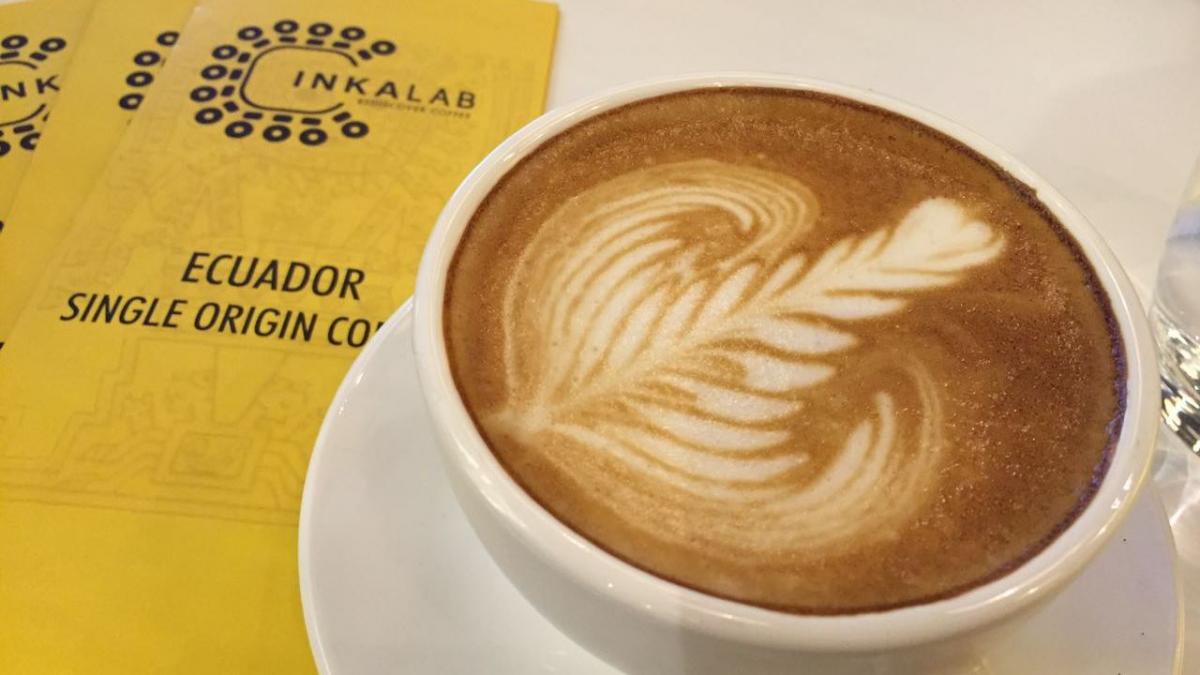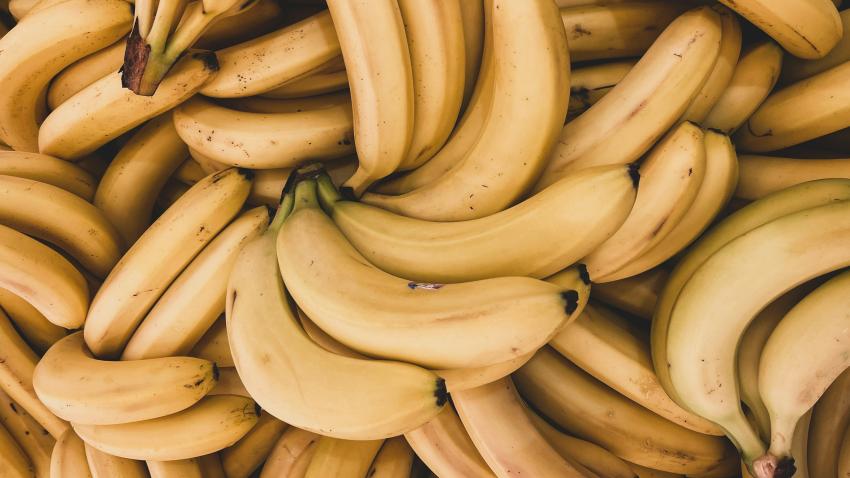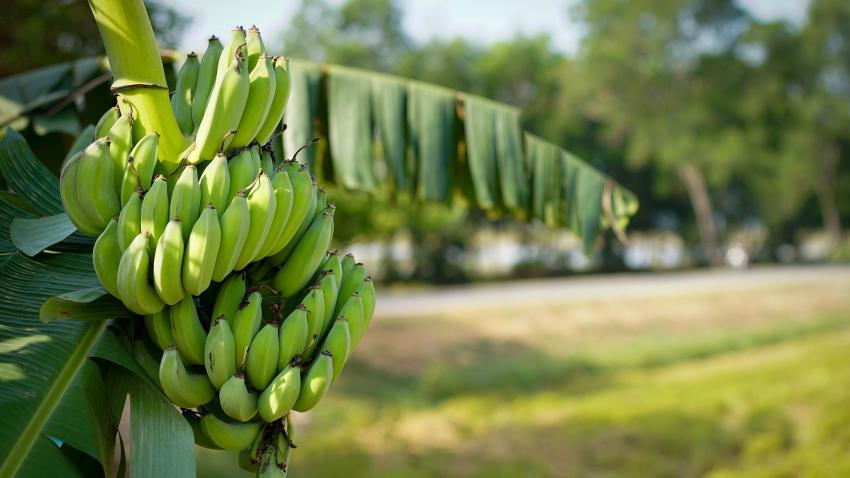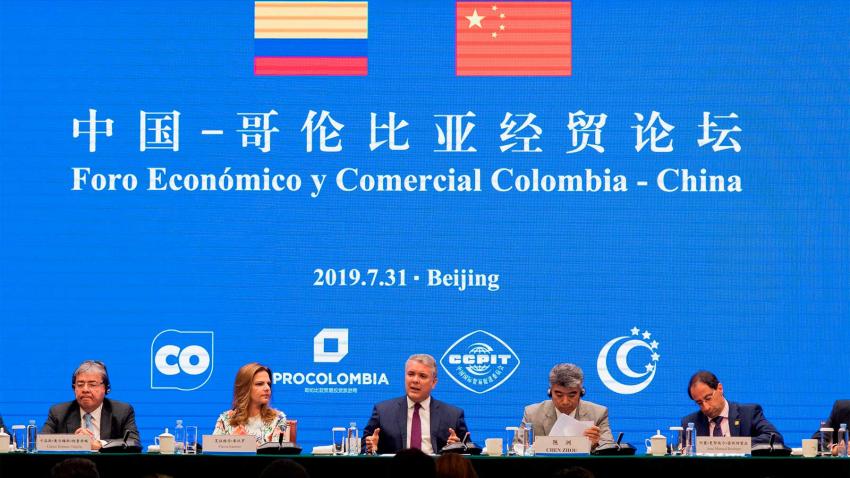You are here
Back to topEcuadorian Coffee: Single Origin, Unique Flavors

The Ecuador Premium Coffee Workshop was successfully held at InkaLab Café in Shanghai on April 11, jointly organized by InkaLab and PRO ECUADOR. InkaLab is a Shanghai-based coffee company that develops and markets its own brand of freshly roasted signature blends and single-origin coffees, as well as offering tailor-made consulting services such as training and product development. PRO ECUADOR is Ecuador’s Institute of Export and Investment Promotion, responsible for promoting Ecuadorian exports and investments abroad by maintaining constant contact with local producers and exporters and foreign importers and investors.
Targeted at coffeehouse owners, coffee buyers, restaurant managers, and industry media, the workshop allowed guests to enjoy premium Ecuadorian coffee and aimed to demonstrate the unique flavors of Ecuadorian single-origin coffee and its use as a versatile ingredient in other foods and drinks. Santiago Yánez, Commercial Consul of the Consulate General of Ecuador in Shanghai, initiated the event and served as master of ceremonies.[[{"fid":"294","view_mode":"default","type":"media","link_text":null,"attributes":{"height":"852","width":"1280","class":"media-element file-default"}}]]
The workshop showcased InkaLab’s Inka Series Blends, featuring tastings and demonstrations by award-winning baristas and chefs. Luciana Liao, the China Barista Championship Shanghai Finalist, gave an espresso and latte art show. Chef Miguel Monar, who has over 20 years of experience in the international fine-dining industry and is now working on combining traditional Ecuadorian and Chinese cuisine, presented his “Spicy Mango Coffee Cocktail”. Meanwhile, Chef Corrado Michelazzo, Executive Chef of Corso Como 10 in Shanghai, prepared a unique version of one of Italy’s most famous dishes with his “Coffee Risotto”.
In his presentation at the event, Diego Vega, Deputy Consul General and Chief Commercial Officer at the Consulate General of Ecuador in Shanghai, explained that Ecuador has a wide range of exports, including bananas, coffee, fish, flowers, and mangos, and is the world’s biggest exporter of bananas (22% of world exports) as well as the second and third largest exporter of tuna (13%) and flowers (9%), respectively (2013 data). In particular, Ecuador is a strong player in the global coffee industry and exports both of the main coffee species, Arabica and Robusta, including green and roasted coffee beans, instant coffee, and washed and natural beans. In fact, Ecuador is one of the few countries that export all coffee varieties.
According to Mr. Vega, Ecuador has a variety of coffee-growing regions with diverse climates and ecosystems, covering the three continental regions of Costa (coast), Sierra (mountains), and Amazon, and the Galapagos Islands, which together constitute a total planted area of 199,335 hectares. Arabica is predominantly grown in the provinces of Manabí (51.36%) and Loja (21.52%) and harvested in March and October, while Robusta is mainly grown in Orellana (31.72%) and Sucumbíos (27.51%) and comes into season in February and November.[[{"fid":"293","view_mode":"default","type":"media","link_text":null,"attributes":{"height":"852","width":"1280","class":"media-element file-default"}}]]
Mr. Vega explained to Produce Report how single-origin coffees are those grown within a specific geographical region, imparting the coffee with an original taste depending on the variety and local soil and climate: “The flavor, the consistency, the acidity, the aroma, the body, and the altitude are unique for this coffee.” This is in contrast to blended coffees, which consist of multiple coffee varieties from different regions mixed to afford a consistent taste. Ecuadorian growers and exporters rely on their expertise to provide gourmet coffee drinkers with the opportunity to enjoy the distinctive tastes of single-origin coffees.
One growing region for single-origin coffee comprises the northern highland provinces of Carchi, Imbabura, and Pichincha, with altitudes of 1000–1800 m, a humid to semi-humid climate, and moderate temperatures. The variety of microclimates and volcanic soils here together produce excellent-quality coffee. The key coffees grown here are Arabica varieties such as Typica, Bourbon, and Caturra, with the harvest season from May to August. Coffees from this region have a very pleasant flavor with intense acidity, an exquisite aroma, and medium body.[[{"fid":"292","view_mode":"default","type":"media","link_text":null,"attributes":{"height":"772","width":"1143","class":"media-element file-default"}}]]
The southern province of Loja has an altitude of 800–2100 m with moderate temperatures and medium to high humidity. This region includes Vilcabamba, the so-called “Valley of Longevity”, where it is said that one can live for over 100 years due to the healthy climate, nature, and lifestyle. The main coffees grown here include the Arabica varieties Typica, Bourbon, Caturra, Pacas, San Salvador, and Catuai. These have medium to high acidity, an intense and pleasant aroma, a balanced body, and a pleasing fruity flavor.
Zamora-Chinchipe in southeastern Ecuador lies in the Andean-Amazonian region at an altitude of 700–1700 m, and is popular for the Arabica varieties Typica, Bourbon, and Caturra. These coffees have a strong acidity, exquisite aroma, medium body, and a lasting sweet flavor.
The Galapagos Islands are 1000 km west of continental Ecuador and a UNESCO World Heritage Site, representing one of the most important living laboratories. Coffee has been an important product here since 1897, due to the favorable volcanic soil, climate, and warm and cold ocean currents. Coffees from here display a fine to medium acidity, intense aroma, medium body, and rich flavor. The main harvest is from November to February, with a mild crop from July to August.
Ecuador’s diverse range of single-origin coffees therefore provides many options for the gourmet coffee lover. Erika Wang, one of the founders of InkaLab Café, grew up in Ecuador and has brought her knowledge and passion for coffee to her business. As the taste of Chinese consumers for coffee becomes more sophisticated and their demand for specialty coffees increases, Ecuadorian single-origin coffees will be there to serve this niche market.
Image source: MZMC














Add new comment